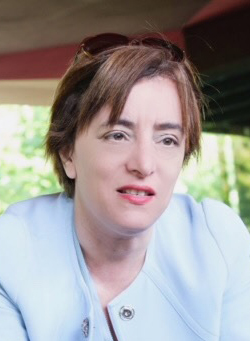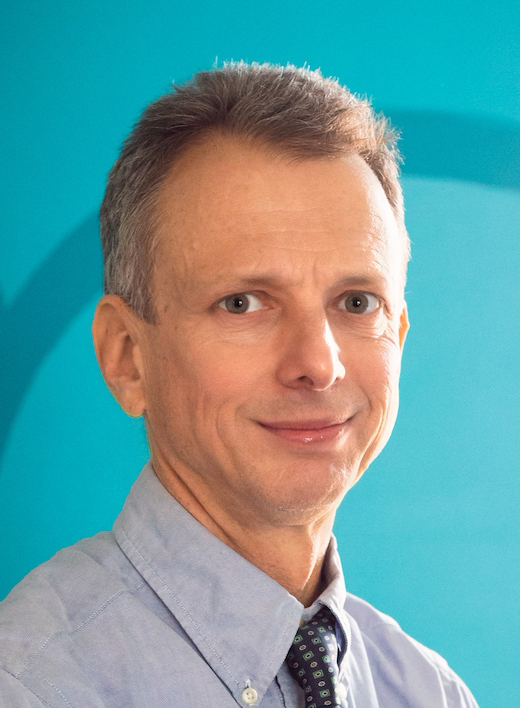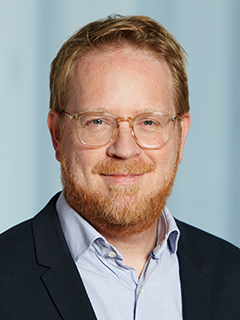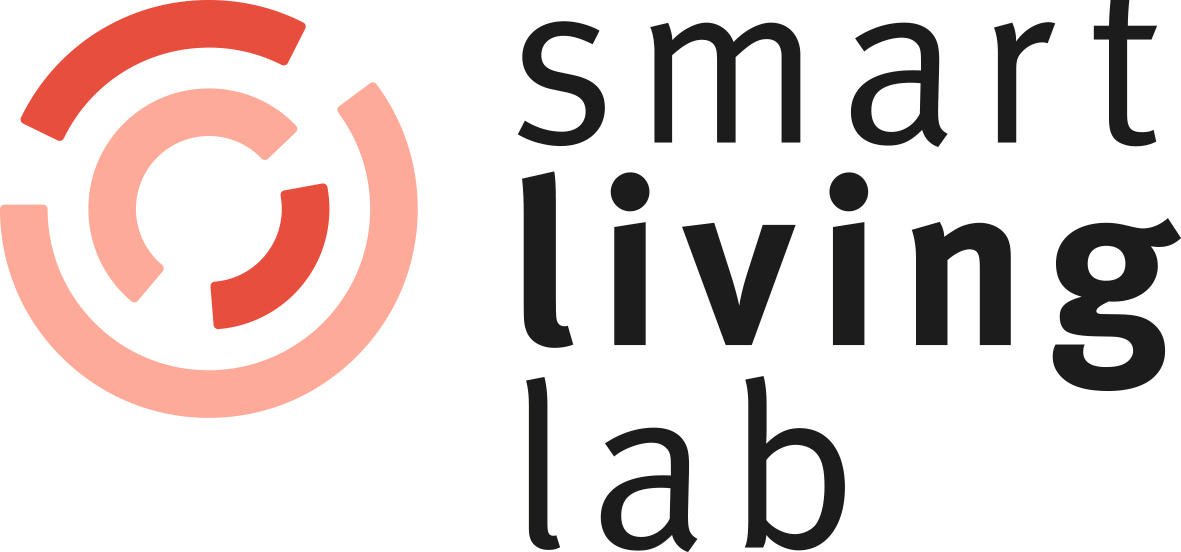Final plenary session - Roundtable
Beyond technology: tackling societal challenges on the pathway to climate neutrality
In this era of accelerated Climate Change, technology holds the potential to address numerous challenges faced by humanity. However, unless we incorporate human factors, cultural dynamics, and societal complexities into the equation, the pace of change might prove insufficient for technology to yield the desired impact. How can we narrow the gap? To shed light on this question, we've invited three panelists from diverse backgrounds who will share their unique perspectives with the CISBAT audience.



Yamina Saheb
Lecturer and researcher at Sciences Po (Paris), a lead author of the IPCC report on climate change mitigation and a Senior fellow at OpenExp
Yamina is a senior energy policy analyst with a PhD in Energy Engineering and a strong background in research. In 2018, Yamina was the head of energy efficiency unit at the Energy Charter Secretariat. Before that, she was a Policy and Scientific Officer at the Renewables and Energy Efficiency Unit at the Institute of Energy and Transport of the Joint Research Centre (JRC) of the European Commission (EC). She also worked as senior buildings energy efficiency policy analyst at the IEA.



Sascha Nick
BSL Professor of Sustainability, Founder Academic Citizens’ Assembly, EPFL Researcher
Sascha Nick is a researcher, teacher, serial entrepreneur, nature lover, and father of two. With a background in physics and economics, he researches action levers needed to transition society to a more inclusive and sustainable state, such as negative emissions, sufficiency, or deliberative democracy.



Arno Schlueter
ETHZ Professor of Architecture & Building Systems, Principal investigator SEC Future Cities Lab
Arno Schlueter researches on systemic approaches for integrating questions of energy, emissions and human comfort for the design, production and operation of buildings. In his research and teaching, he focuses on integrated building systems for low-emission buildings and cities from design to operation, utilizing computational and experimental approaches. Recent awards include the 2022 Arc Award and the 2023 Watt d’Or for Excellence in Energy Innovation awarded by the Swiss Federal Office of Energy.






